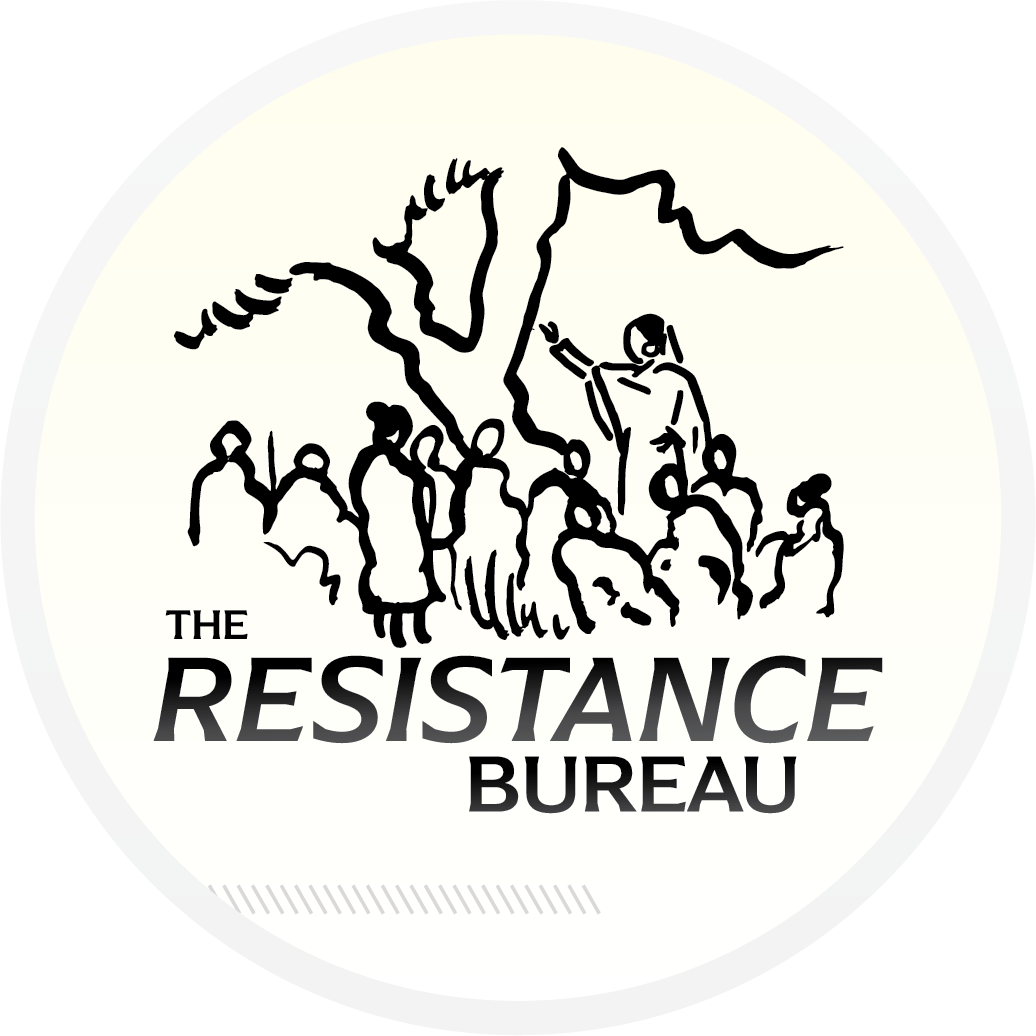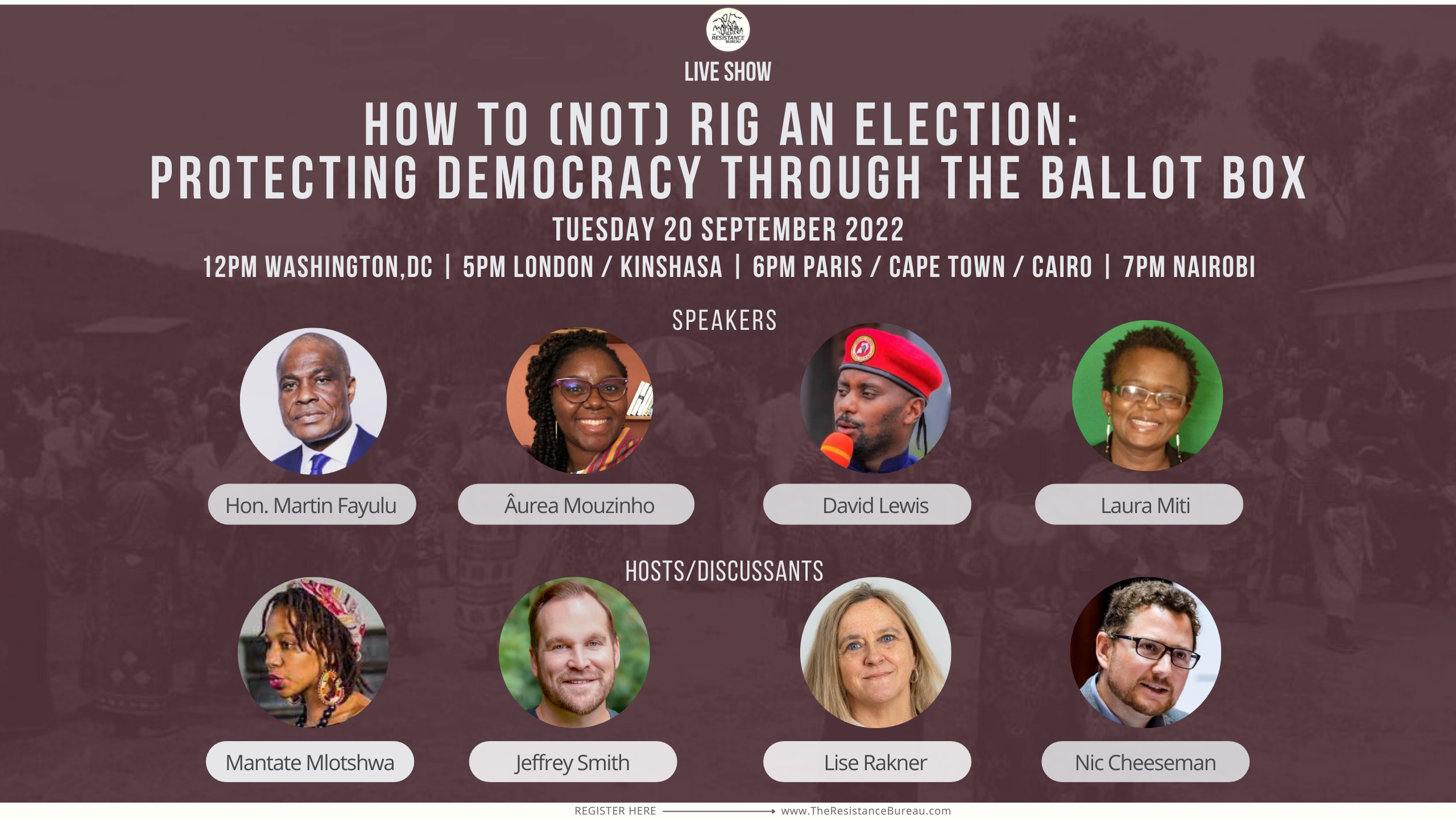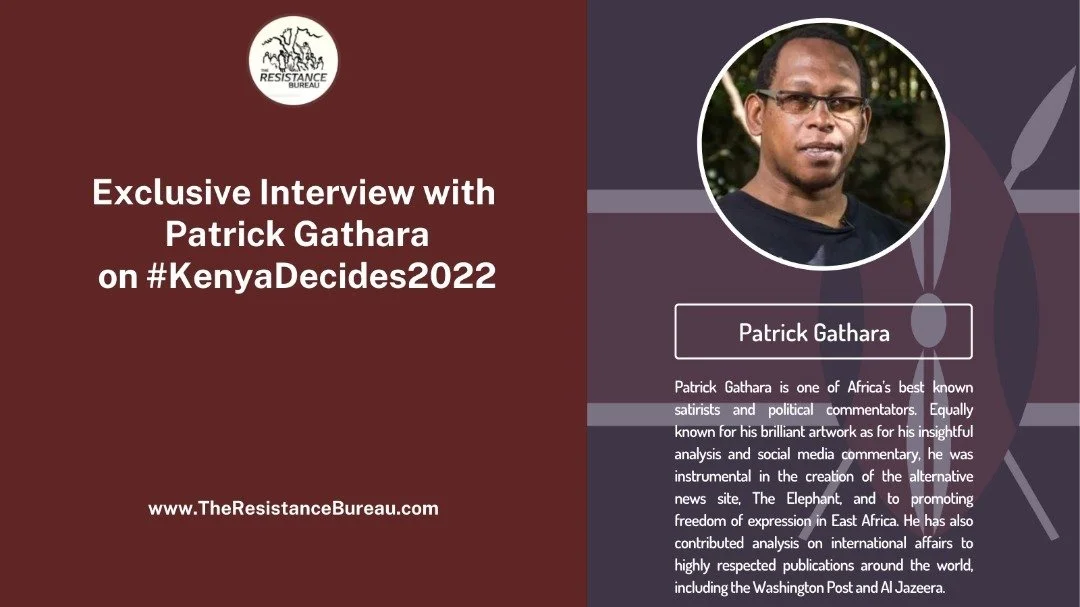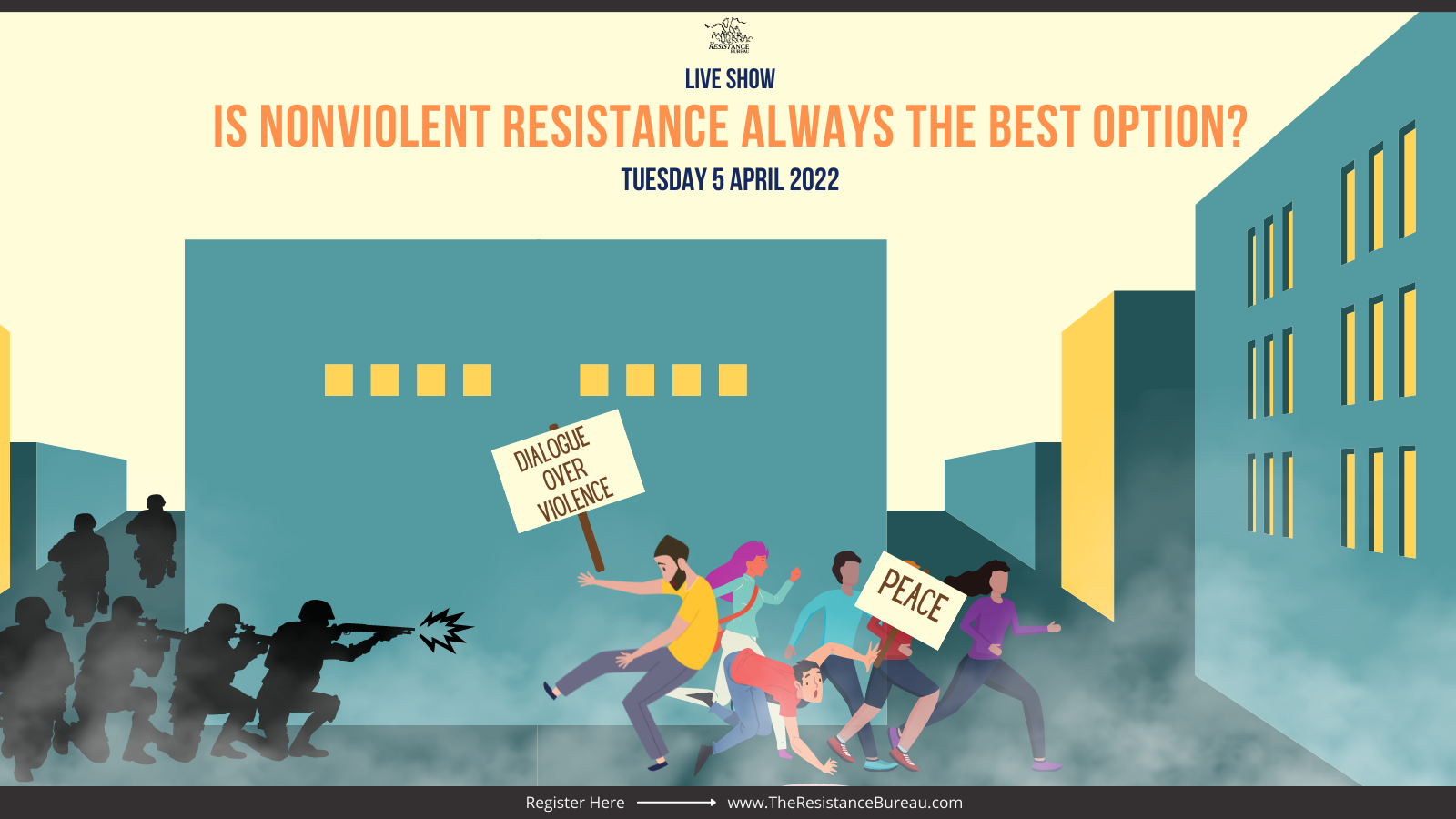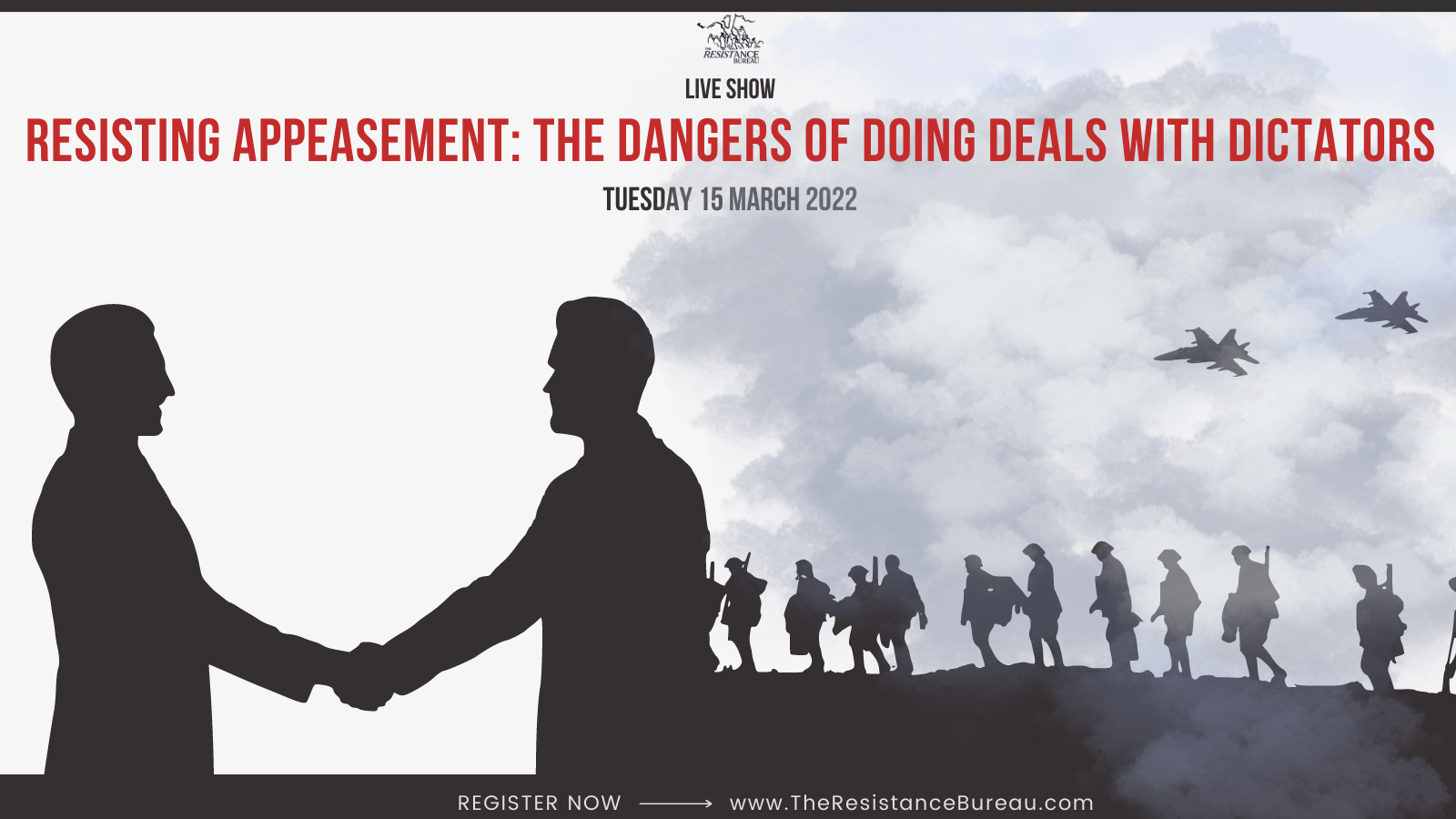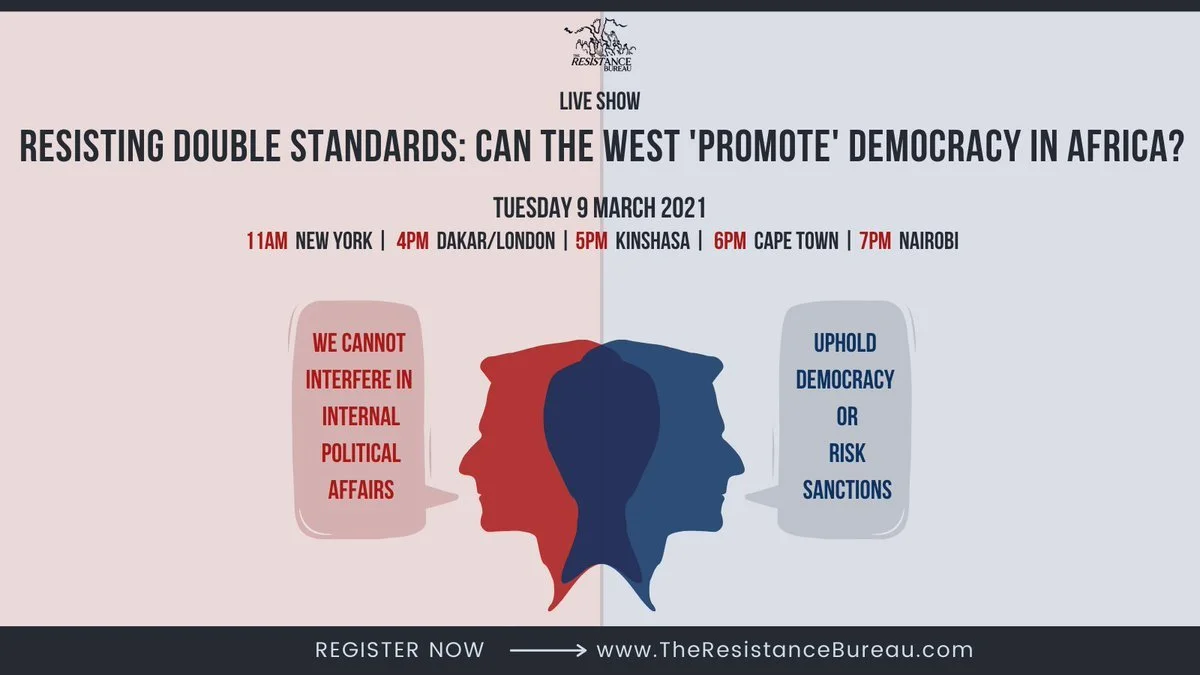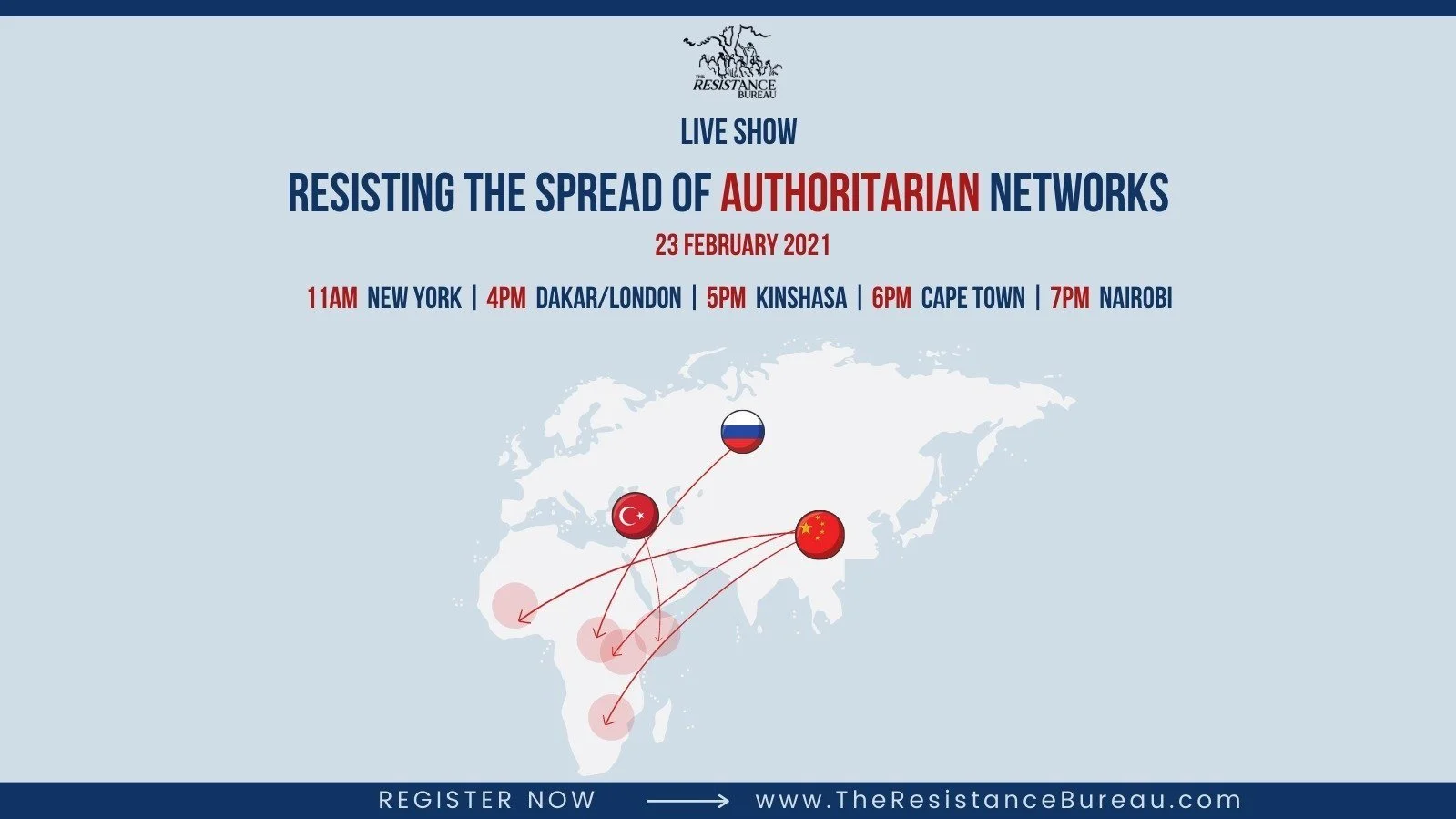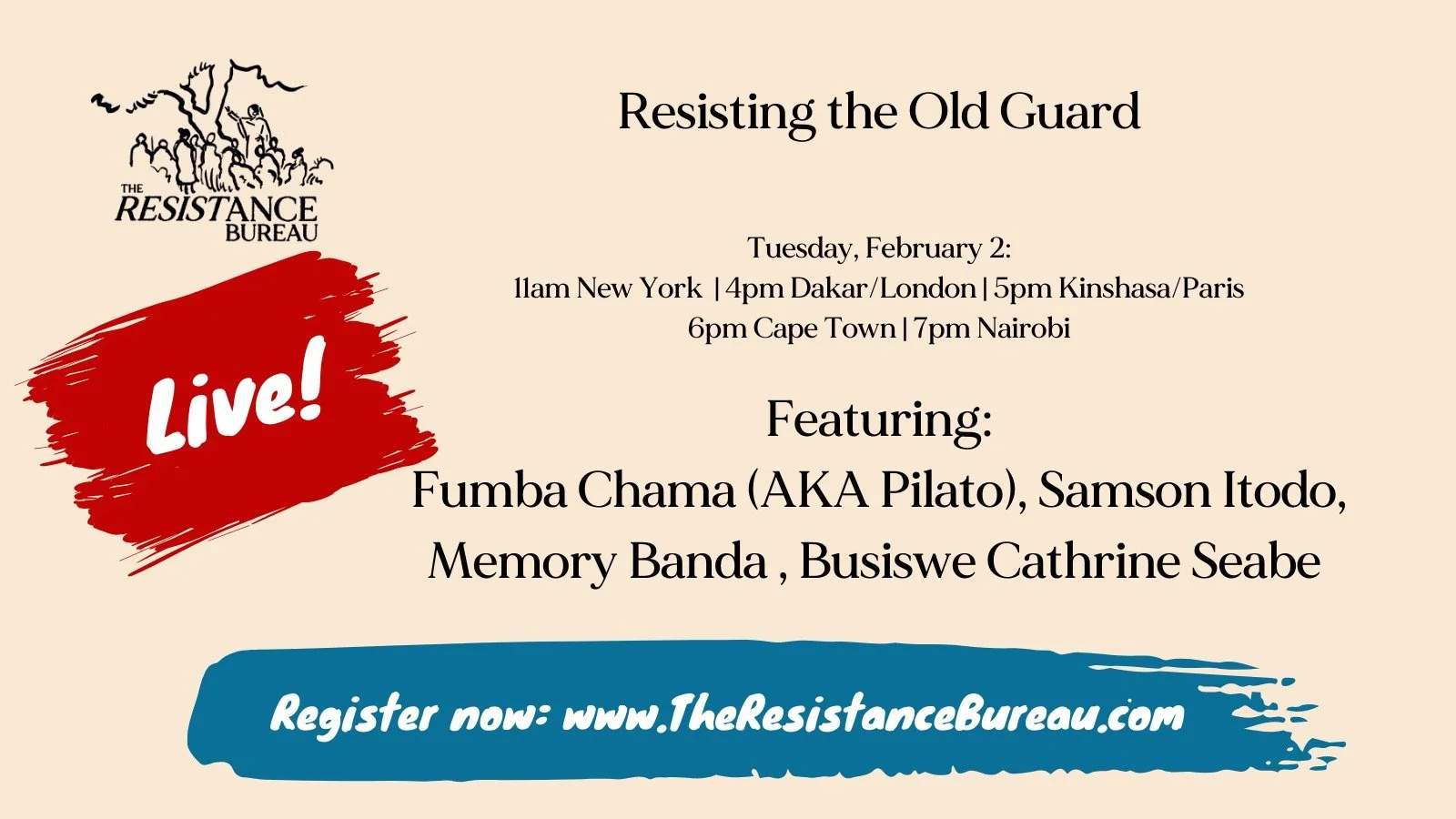Our Shows
Resisting Digital Authoritarianism
For many, the rise of digital technology portended a time of liberation. Optimists hoped that social media in particular would force governments to be more accountable and drive home a new era of transparency and popular participation in political processes. It hasn’t exactly turned out that way.
Instead, dictators and a new breed of savvy autocrats have used technology to their collective advantage, censoring online activity and critical voices, hacking into the accounts of journalists and pro-democracy leaders, switching off the Internet with impunity, and using new, truly terrifying methods to monitor their citizens.
Indeed, because digital technologies have forced governments around the world to be more transparent and accountable -- and fearing for their unfettered power -- many regimes have forcefully clamped down on them as well as their users.
A growing number of governments are now adopting illiberal legislation designed to control the online world, including democratic governments like the current regime in Ghana, which has been accused of using the Israeli-made Pegasus software to spy on activists. It has indeed become apparent that digital technology can and will be used as a force for repression, perhaps just as much as human liberation.
This is not just an ‘African’ story of course. Digital repression is a concern around the world and many of the companies involved in this enterprise are based in countries perceived to be democratic. Pegasus, for example, was developed by the Israeli NSO Group, and the list of companies that have bowed to the pressure of autocrats to block texts mentioning the names of opposition leaders in Tanzania, for example, include Vodafone which is headquartered in the UK. On the opposite end of the spectrum: the same technicians that enabled the Ugandan regime to hack into the WhatsApp account of opposition leader Bobi Wine and his colleagues were from China’s Huawei.
The international nature of this phenomenon demands an international response and solidarity. This show will therefore bring together thought leaders, digital activists, and those who have been spied on themselves to discuss these threats to freedom and how they can be effectively countered. What can be done to push back against the expansion of digital surveillance? And how can we protect citizens’ basic human rights from governments that are clearly determined to hack into their lives and monitor their every move? Tune in to find out!
How to (Not) Rig an Election: Protecting democracy through the ballot box
Today, more elections are being held than at any other time in human history. Yet democracy is in a two decades long recession, with major backsliding evident in all corners of the globe. The main reason is that authoritarian leaders have learned how to manipulate elections to stay in power. Instead of working to secure a fair process and an equal political playing field, these leaders are using regular polls as a device to merely legitimate their illiberal reign.
Recently, this has led to flawed polls across Africa, including in countries like the Democratic Republic of Congo and Angola, as well as repeated controversies across the democratic spectrum such as in Kenya and Zimbabwe.
Of course, not all elections are manipulated. In The Gambia, Nigeria, Malawi and Zambia, for example, opposition parties emerged victorious against stacked odds, even though their respective playing fields were anything but level.
In this show, we will speak to leaders who have experienced and lived through flawed elections. We will also include the voices of those who have successfully safeguarded election integrity, highlighting in this process the most effective strategies to defend democracy in Africa and beyond.
Exclusive Interview with Patrick Gathara on #kenyadecides2022
Kenyans go to the polls on August 9 to elect a new set of leaders, from the president all the way down to county assembly members. The presidential race is a neck-and-neck contest between Raila Odinga and William Ruto. Despite the closeness of the race and the personal rivalry between the main players, however, many Kenyans are questioning whether the election will actually change anything, regardless of who ultimately wins. A recent high profile spat, involving the Directorate of Criminal Investigations and the Independent Electoral and Boundaries Commission, has also raised public concern about election rigging. All of these elements have led to worries that election turnout will be low, especially among youth voters.
This Election Night Special Broadcast will take place live from the capital Nairobi – a first for the Resistance Bureau – and will bring together a high-powered panel of intellectuals, journalists, and activists to seek answers to some critical questions. Will the election outcome impact the major challenges facing Kenya today, from corruption and debt to inequality and access to basic resources? Does an election in which the focus has largely been on economic issues, rather than ethnicity, represent an important political turning point? And what will be the impact be on Kenya’s democracy and political stability moving forward?
Join us on August 9 at 7PM local time to find out!
Kenyan Election Night Special: Will the elections lead to change?
Kenyans go to the polls on August 9 to elect a new set of leaders, from the president all the way down to county assembly members. The presidential race is a neck-and-neck contest between Raila Odinga and William Ruto. Despite the closeness of the race and the personal rivalry between the main players, however, many Kenyans are questioning whether the election will actually change anything, regardless of who ultimately wins. A recent high profile spat, involving the Directorate of Criminal Investigations and the Independent Electoral and Boundaries Commission, has also raised public concern about election rigging. All of these elements have led to worries that election turnout will be low, especially among youth voters.
This Election Night Special Broadcast will take place live from the capital Nairobi – a first for the Resistance Bureau – and will bring together a high-powered panel of intellectuals, journalists, and activists to seek answers to some critical questions. Will the election outcome impact the major challenges facing Kenya today, from corruption and debt to inequality and access to basic resources? Does an election in which the focus has largely been on economic issues, rather than ethnicity, represent an important political turning point? And what will be the impact be on Kenya’s democracy and political stability moving forward?
Join us on August 9 at 7PM local time to find out!
Joseph Kalimbwe on Youth vs. Authoritarianism
This week we caught up with Joseph Kalimbwe for a special follow-up segment to our Youth vs. Authoritarianism show. Joseph is one of the most popular youth activists in southern Africa today, both on social media and on the ground where he organizes civic actions to demand democratic reforms and accountability for elected leaders. Recently, Joseph played a leadership role in mobilizing the youth vote ahead of Zambia's consequential 2021 elections that resulted in the defeat of President Edgar Lungu’s authoritarian government. During our segment, we discussed a host of issues, including what upcoming African election might 'shock the world,' why solidarity and working across borders is so important, and what gives him hope moving forward.
Young Africa vs. Authoritarianism: The Fight for Africa's Future?
Africa has no shortage of crusading youth activists who are fighting for freedom and justice. Despite this, however, the continent seems to be moving away from democracy. This begs the question: Why is Africa getting more authoritarian even as it’s getting younger?
China's Presence in Africa: Perspectives from the Continent
Today, Africa owes over $150 billion to China – not far off from what it collectively owes the International Monetary Fund.
There have been increasingly heated debates around the role and influence of China on the continent. China is Africa’s largest trade partner and it recently established its first mission to the African Union. China offers loans, grants and development deals without the anti-corruption and human rights strings favored by the U.S. and Europe. Due to this ‘non-interference policy,’ there is a belief that China’s economic might is too often used to roll back democratic progress. Studies have shown that when Chinese aid to an African country increases, state violence rises too.
Resisting Environmental Destruction
The vast majority of activists killed worldwide are those who defend our land and the environment. 215 last year alone. These activists are killed in shockingly high numbers precisely because the conservation of our common resources pose an ultimate challenge to the powers that be – especially in authoritarian contexts.
Resisting Injustice: Are prosecutions necessary to right past wrongs?
This show explored whether we might see a new wave of trials and compensation for victims of atrocities. We will also ask what can be done to support justice and an end the culture of impunity. With varied contributions on Burkina Faso, Kenya, and Zimbabwe, we will seek to understand what victims truly want and need to move on. Is truth enough? Are prosecutions necessary for progress and healing? And does reconciliation necessarily require reparations?
Is Nonviolence Always the Best Option?
This show brought together a diverse set of speakers who are experts in resisting repression from Gambia, Serbia, South Sudan, and Venezuela to help us think through the benefits and limitations of non-violent strategies, as well as new and innovative ways to potentially outmaneuver authoritarian regimes.
Resisting Appeasement: The Dangers of Doing Deals with Dictators
This discussion brought together thought leaders from Africa, and experts on Russia and Eastern Europe, to discuss these timely issues. In doing so, we will seek answers as to how the world’s authoritarian leaders can be effectively prevented from exporting their repression.
Can there ever be a 'good coup'? Lessons from Africa
This show brings together activists, journalists and researchers from Mali, Guinea and Zimbabwe to investigate why coups are back on the African agenda, and what this means for the future of democracy.
Zambia Decides 2021: Resisting a Crisis of Democracy
Zambia was once considered to be among Africa’s more promising democracies. One of the very few countries to have experienced two democratic transfers of power at the ballot box, the 2011 election saw the victory of an opposition party that promised to end corruption and introduce a national minimum wage. Refusing to buckle under intense government pressure to fix the results in a close election, the electoral commission also appeared to have come of age.
Resisting the Whitewash: The Role of PR and Lobby Firms in Laundering Authoritarianism
Authoritarian leaders are often concerned with how they are perceived around the world, especially in the media and in foreign capitals like Washington, DC. From Ethiopia to Zimbabwe and from Cameroon and Rwanda to Uganda, even the most brutal despots want to look good in the eyes of the world. As a result, these leaders often prioritize devoting millions of dollars – money that could perhaps be better spent on providing food and healthcare for their own citizens – on international public relations firms that buy positive media coverage, and on foreign lobbyists to push an airbrushed image to investors in foreign capitals.
Liberation Movements in Power: Resisting the Slide to Repression
Liberation movements have played a hugely important role in overthrowing authoritarian and abusive political systems across Africa, including racist white minority regimes in Namibia, South Africa, and Zimbabwe.
These campaigns are often branded as struggles for freedom and opposed to governmental oppression. In many cases, liberation leaders promised to build more inclusive and egalitarian political systems that would empower ordinary citizens and build a more prosperous and economically vibrant future.
The Art of Resistance
Art is inseparable from politics.
On the one hand, governments often seek to co-opt artists to sanitize their regimes. While on the other hand, painters, singers, poets, writers and satirists have expertly used artistic platforms to expose hypocrisy and abuse while also responding to repression and human suffering. In many African countries, art has evolved into a social and creative movement that communicates key messages in the public arena that are accessible to all. In this way, art can be both a powerful instrument for advocacy and an essential element for reflections on human existence.
The Myth of the 'Benevolent Dictator': Does Africa Need 'Strongmen' to Prosper?
This show brings together activists, critical journalists and researchers to ask whether African countries need 'strongmen' to prosper, or whether democracy is better for development, as the available data seems to suggest. Does authoritarian rule have advantages? And if so, what are they? And if dictators are not actually needed, what explains the continued traction of this narrative, which does harm democratic development?
Live Show – Resisting Double Standards: Can the West 'Promote' Democracy in Africa?
Western governments – in particular, the United States and the United Kingdom – have proclaimed their support for democracy in Africa and around the world for generations, most prominently since the end of World War II. However, there have always been questions -- and genuine skepticism -- surrounding just how sincere this commitment really is.
In this show, we will bring together a stellar lineup of African activists, researchers, and political leaders to ask whether the West can -- or even should -- 'promote democracy' in Africa given these inherent and longstanding tensions.
Live Show: Resisting the Spread of Authoritarian Networks
An increasing number of analysts have accused authoritarian governments like China and Russia of advancing repression abroad, especially in Africa. In addition to financially propping up their preferred strongmen, state-linked companies have helped to strengthen systems of elite corruption. Tech companies have aided in both censorship and disinformation campaigns, particularly around elections, while also using surveillance technology to intimidate and muzzle pro-democracy campaigners and critical journalists.
This show delves into this complex debate and examines what can be done to stop the spread of authoritarian influence in Africa, while also asking how activists and concerned citizens alike can push back to defend freedom in the face of these obstacles.
Live Show: Resisting the Old Guard
In recent elections across Africa, the continent’s young masses have been pitted against old, entrenched elites who continue to deny them their basic human rights while refusing to relinquish power. The ongoing struggle of Bobi Wine and the movement he represents in Uganda, for example, is representative of a much broader generational battle –not only over the attainment of real political power, but also economic opportunities and social status.
In this show, our first of 2021, we investigate how young activists, artists and politicians are changing the face of the African continent, and also explore what needs to happen for these movements to unite, build power and influence, and avoid repeating mistakes of the past.
